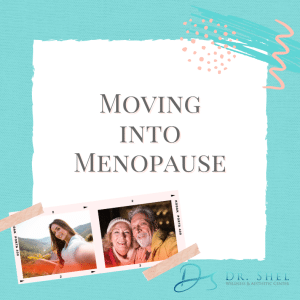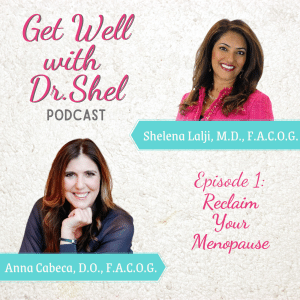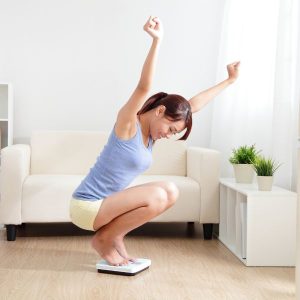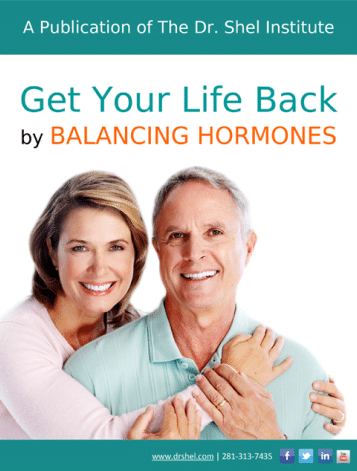Menopause is something that affects all women, and begins typically around age 50. A woman’s ovaries stop releasing eggs and her menstrual cycle stops. In the time leading up to menopause, often referred to as perimenopause, a woman may experience many different changes in her life: her hormones and period frequency may begin to change and she may get mild menopause symptoms.

This is a process that generally happens over a gradual amount of time, however for some women, it can happen all at once. For instance, if a woman has her ovaries removed through surgery, this can cause “induced menopause” and trigger an onset of menopause symptoms all in one period of time.
What are the symptoms of menopause?
Menopause can trigger many bothersome symptoms for a large number of women. In fact, studies have shown that about 1 out of 10 women have serious menopause symptoms that make it difficult to do daily activities. The most common and known symptoms include hot flashes, blushing and sweating, and feelings of warmth throughout the upper body.
But with menopause, there are many more attributes not commonly known:
- Menopause leads to bone loss. This is due to the loss of estrogen. In fact, women may experience as much as a 20 percent drop in bone density in the five to seven years after menopause. Osteoporosis is a silent and serious disease, but it is preventable. Get calcium in your diet, add weight-bearing exercise to your routine, and ask your doctor to check your bone density. Your vitamin D levels are also critically important. If you have a deficiency in Vitamin D, which helps support bone, teeth, muscle and immune health, Vitamin D3 50,000 IU is more effective at raising and maintaining adequate levels of circulating vitamin D in the body.
- Lifestyle boosts can help you feel better. Exercise helps to slow the loss of bone after menopause and keep your weight in check. It also increases natural endorphins, which could help with mood changes and irritability. Other healthy habits, such as eating well, are also crucial at this time of life. Women tend to be less apt to taking care of themselves, and this can have long term health ramifications.
- Risk for heart disease rises after menopause. Estrogen offers protection against heart attack and stroke. The drop in estrogen during menopause means your risk of heart disease may increase, especially if you have high cholesterol and high blood pressure and aren’t active. This is another reason to make healthy habits a top priority.
While menopause itself may be an unavoidable part of a woman’s life, it doesn’t have to be intolerable. Luckily, there are now treatments such as Bioidentical Hormone Replacement Therapy (BHRT) that can help to prevent many of the symptoms that come along with menopause. Understanding the symptoms of menopause and the beneficial treatment options can help to make this natural time in your life much more comfortable.
 On the inaugural episode of Get Well with Dr. Shel, I talked with Dr. Anna Cabeca, fellow OB/GYN all about menopause, hormonal imbalances, and the importance of ditching toxicities, especially as we age. She is an internationally acclaimed menopause and sexual health expert. She’s a global speaker and pioneering promoter of women’s health and has several different mechanisms that she supports her patients with. Listen now for more about this very important topic!
On the inaugural episode of Get Well with Dr. Shel, I talked with Dr. Anna Cabeca, fellow OB/GYN all about menopause, hormonal imbalances, and the importance of ditching toxicities, especially as we age. She is an internationally acclaimed menopause and sexual health expert. She’s a global speaker and pioneering promoter of women’s health and has several different mechanisms that she supports her patients with. Listen now for more about this very important topic!
Get Well,
Dr. Shel
P.S. Request your consultation, or call us at 281.313.7435.


















